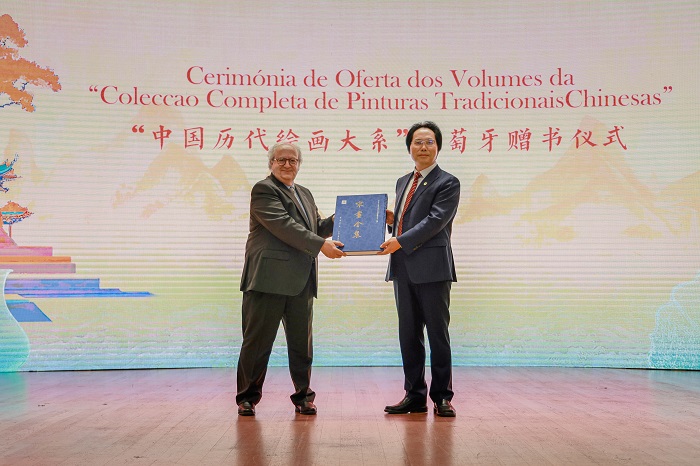young volunteers live with, offer support to elderly citizens under pilot 'intergenerational integration' program
young volunteers move into nursing homes, join the elderly in hobby groups, organize cultural and sports activities within the facility, chat with and read newspapers to the elderly, and provide them with psychological comfort... the elderly enjoy spending time with vibrant young volunteers, and the youth also need affordable housing. these two needs intersect, giving rise to the "service for accommodation" elderly care model.
the beijing association of senior care industries recently announced the recruitment of young volunteers for such a model. the association is launching a pilot intergenerational integration program for care facilities in beijing.
volunteers are required to live in designated care facilities and engage in volunteer services such as cultural activities, pairing services, provision of elderly care resources, health promotion, and professional support.
volunteers are expected to provide a minimum of 20 hours of volunteer service per month. in return, they can enjoy accommodation provided by the care facilities for a low monthly accommodation fee ranging from 300 to 500 yuan (about $70.62) per person.
according to the recruitment announcement, applicants must be between 22 and 40 years old, have no property in beijing, hold a junior college degree or above, and be passionate about public welfare and serving the elderly. applicants must be employed in the city and have signed a labor contract with their employers, and have at least one year of personal social insurance contributions in the city. applicants with academic backgrounds in social work, medicine, psychology, or related fields will be given priority under equal conditions.
after applicants submit their applications, elderly care institutions participating in the pilot program will select and assess them, including organizing physical and psychological tests.
upon mutual agreement, volunteers are required to sign an agreement with the institutions before taking up residence. throughout the agreement period, the institutions will do their best to provide one room per volunteer, with a maximum of two volunteers per room in those cases where single rooms aren't available.
some young people have expressed interest in the volunteer positions and have contacted the pilot elderly care institutions for more information.
"serving for 20 hours per month is like having a part-time gig that can help cover a big chunk of rent," said liu ping, a master of social work currently on the hunt for housing in beijing. she plans to apply for the volunteer position to address her housing needs.
"the elderly care industry is thriving. in areas with a high aging population, the potential for the 'silver economy' is significant. considering my professional background, i am keen on pursuing a career in elderly care. engaging in the volunteer service will allow me to gain valuable experience for my future career," liu explained.
professor lu jiehua from peking university suggested that in mega cities like beijing, where there is a significant elderly population and an influx of young residents, developing an intergenerational integration elderly care model can enhance services and tackle population aging.
suzhou in east china's jiangsu province is one of the cities in china that started implementing the intergenerational integration elderly care model early on. in one elderly care center in the city's wujiang district, young volunteers offer services such as companionship, education, entertainment, and psychological support to over 140 elderly citizens. these volunteers are provided with one room one person, for which they are charged 300 yuan a month.
several cities in china are exploring the intergenerational integration elderly care model. hangzhou in east china's zhejiang province encourages the construction of age-friendly communities, lifelong homes, and multigenerational housing. shanghai integrates elderly care and childcare services into the community living circle to create vibrant communities where young and elderly people live together.
"currently, the success of the pilot intergenerational integration program depends on voluntary participation, economic viability, and effective operational mechanisms," said lu.
lu believes that efforts should be made to promote the institutional development of intergenerational integration elderly care.
"from the pilot phase to full-scale implementation, the process cannot do without the establishment of mechanisms, and the ultimate result must be a 'win-win' for the elderly, volunteers, and institutions, balancing economic and social benefits. in the future, when promoting the intergenerational integration elderly care model and improving the relevant mechanisms, foresight is necessary to anticipate possible issues that may arise, so that targeted responses can be made," said lu.
-
chinese painting donation ceremony and celadon concert held in lisbon
october 15, 2024
-
hangzhou dominates with 36 on the 2024 top 500 chinese private enterprises list
october 14, 2024
-
hangzhou gets a boost in sci-tech financing
october 9, 2024
-
on board g8388: lost in the qiandao lake — a unique aerial island maze
september 29, 2024

